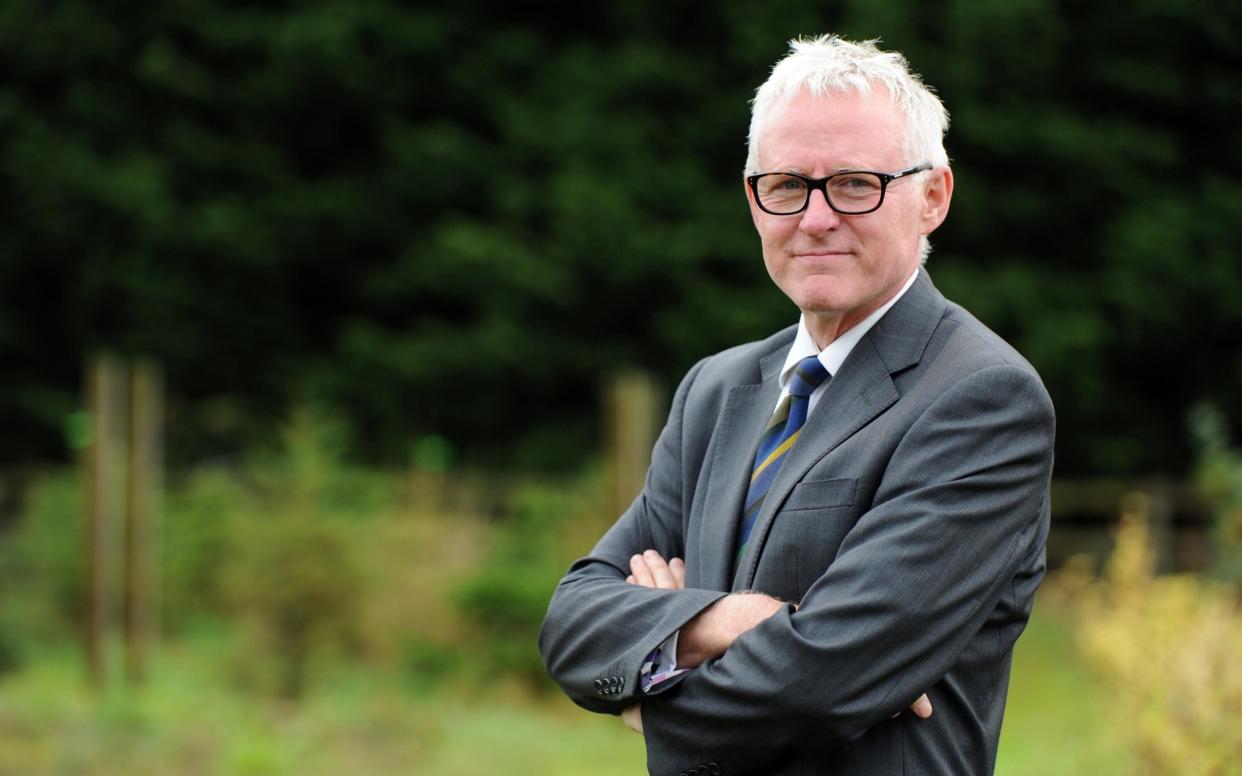Social media contributed to my stroke, says Norman Lamb

A former health minister has said that “addictive” social media contributed to his stroke, as he warned that websites such as Twitter and Facebook could have a “distorting” effect.
Norman Lamb, the Lib Dem MP, suffered a minor stroke in March that was at the time attributed to his high workload. He told The Daily Telegraph that his overuse of technology and social media was one of the causes.
“I have addictive tendencies,” he said.
“I use social media late at night, sometimes lying in bed. It’s the first thing I look at in the morning.
Twitter is very addictive.” Mr Lamb, 61, the MP for North Norfolk and chairman of the Commons science and technology committee that is conducting an inquiry into the effects of social media on young people, served as health minister until 2015.
He said technology had increased the “pressure” on MPs, who received “instant feedback” and a “stream of tweets” after public appearances.
“You get constituency case work via Facebook, Twitter, Messenger, text messages, emails, phone calls, people turning up at the office,” Mr Lamb said.
“There’s an assumption you’ll respond to an email quickly. When you leave it for a few days, there’s a pressure of ‘Why have you not responded?’ “When I had a health shock before Easter, when I discovered I’d had a stroke, I realised I was on a treadmill.
I was just struggling to keep on top of it. So I immediately said, ‘Someone else can manage my email account’.”
Mr Lamb’s committee’s inquiry has heard evidence from young people who spend “all the time on social media”. He is sympathetic. “Most people are capable of this drift into obsession,” he said.
“It’s commonplace for teenagers to message each other at two in the morning... You never escape it.” Mr Lamb spoke in support of The Daily Telegraph campaign calling for social media companies to have a duty of care towards their users.
He said: “These are very powerful organisations making a lot of money, and they have a real moral obligation to safeguard the health and well-being of these generations growing up.”
However, he urged caution when it comes to regulation. “We mustn’t throw the baby out with the bath water – we must be smart and intelligent in how we do this, and work from the basis of evidence,” he said.
Mr Lamb also highlighted the positive aspects of social media, which were not available when his son, Archie, was diagnosed with obsessive-compulsive disorder in his teens.
“The fact that young people can access help, support, guidance on mental health issues and on how you navigate your way through challenges can be of enormous value,” Mr Lamb said.
“Archie is now thriving and successful in the music business but I remember the moment he was diagnosed with OCD and said ‘Dad, why am I the only person going mad?’"
“Since nobody else is talking about it, you think you’re the only one who is experiencing this. Now, you can go to your room and type in ‘OCD’, and you realise that actually lots of people are.”

